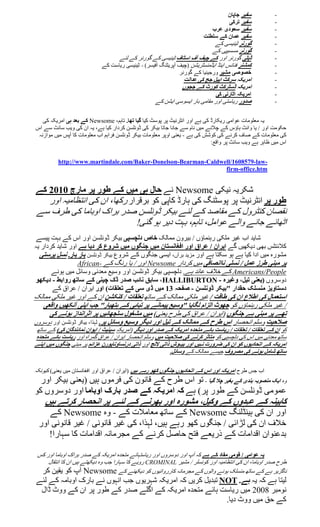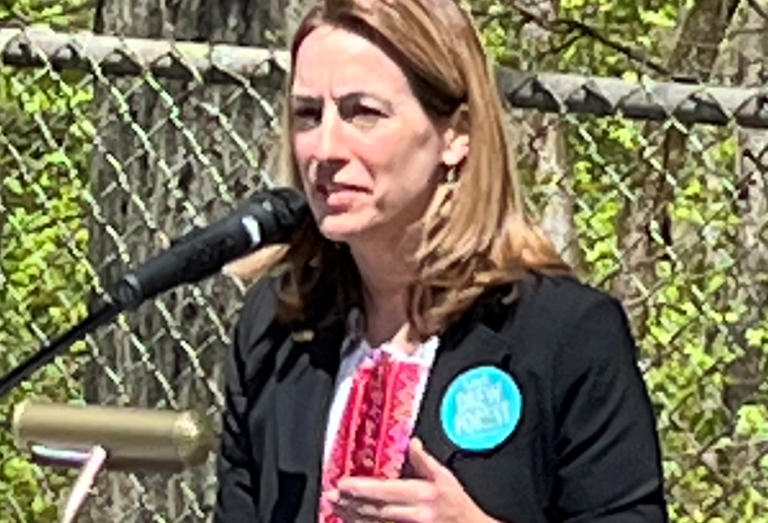Improving Access To Mental Healthcare In Ghana: Tackling The Psychiatrist Shortage

Table of Contents
The Current State of Mental Healthcare Access in Ghana
The Stark Reality of Psychiatrist Shortage
Ghana suffers from a severe shortage of psychiatrists. The current ratio of psychiatrists to the population is significantly below international standards, leaving vast swathes of the population underserved, particularly in rural areas. This disparity creates immense challenges for individuals seeking mental health support.
- Statistics: While precise figures vary, estimates suggest a drastically low number of psychiatrists per 100,000 people compared to WHO recommendations. This results in exceptionally long waiting times for appointments, often exceeding several months. In rural areas, access is even more limited, with many communities having no access to a psychiatrist at all.
- Impact: The consequences are far-reaching. Individuals with mental health conditions face delayed or inaccessible treatment, leading to worsening symptoms, reduced quality of life, and increased risk of suicide. Families also bear a heavy burden, lacking support and resources to cope with a loved one's mental illness.
The Burden of Mental Illness in Ghana
The prevalence of mental illness in Ghana is substantial, further exacerbating the impact of the psychiatrist shortage. Many individuals suffer silently, their conditions untreated and unaddressed.
- Prevalent Conditions: Depression, anxiety disorders, schizophrenia, and bipolar disorder are among the most common mental health conditions affecting Ghanaians. The stigma surrounding these illnesses often prevents individuals from seeking help.
- Economic Burden: Untreated mental illness places a significant economic burden on individuals, families, and the nation as a whole, through lost productivity, healthcare costs, and reduced economic participation.
- Social Stigma: Deep-rooted cultural beliefs and societal attitudes contribute significantly to the stigma surrounding mental illness. This stigma prevents individuals from seeking help, leading to delayed diagnosis and treatment, and perpetuating a cycle of suffering.
Challenges to Improving Mental Healthcare Access
Lack of Funding and Resources
Insufficient funding significantly hinders the expansion of mental health services in Ghana. Limited resources affect every aspect of care, from infrastructure and equipment to essential medications.
- Funding Shortfalls: The allocation of funds for mental health remains significantly lower than that for other healthcare sectors. This lack of investment directly impacts the ability to train professionals, build facilities, and provide adequate medication.
- Infrastructure Deficiencies: Many existing mental health facilities are overcrowded, understaffed, and lack the necessary equipment for effective treatment.
- Medication Shortages: The limited availability of essential psychiatric medications further compromises the quality of care and treatment outcomes.
Stigma and Societal Attitudes
The pervasive stigma associated with mental illness in Ghana creates substantial barriers to accessing care. Cultural beliefs often portray mental illness as a weakness or a spiritual affliction, leading to discrimination and shame.
- Cultural Barriers: Traditional beliefs and practices often contribute to the stigmatization of mental illness, deterring individuals from seeking help and hindering open discussion.
- Fear of Discrimination: The fear of social rejection, ostracization, and discrimination prevents many from disclosing their mental health struggles, delaying or preventing treatment.
- Family and Community Influence: Families and communities can inadvertently perpetuate stigma through their reactions and attitudes, further isolating individuals already struggling with mental illness.
Limited Training and Capacity Building
Beyond the psychiatrist shortage, Ghana faces a broader lack of trained mental health professionals. The shortage of psychologists, social workers, and psychiatric nurses limits the capacity to provide comprehensive mental healthcare.
- Lack of Training Programs: The number of training opportunities for mental health professionals is insufficient to meet the growing need. Existing programs often lack adequate resources and supervision.
- Inadequate Supervision: Newly trained professionals frequently lack sufficient supervision and mentorship, hindering their development and hindering service provision.
- Specialized Training Gap: There’s a need for specialized training in various mental health areas, including child and adolescent mental health, trauma-informed care, and substance abuse treatment.
Strategies for Increasing Mental Healthcare Access in Ghana
Investing in Training and Education
Increasing the number of psychiatrists and other mental health professionals is paramount. Strategic investment in training and education is crucial.
- Scholarship Programs: Establishing scholarships and financial aid programs to attract and support students pursuing careers in psychiatry and other mental health fields.
- Strengthening Medical Schools: Investing in medical schools to create robust psychiatry training programs, equipping them with experienced faculty and modern facilities.
- Specialized Training Centers: Establishing specialized mental health training centers to offer advanced training in specific areas of mental health care.
- International Collaboration: Partnering with international organizations and institutions to provide technical assistance, training opportunities, and funding.
Leveraging Technology and Telehealth
Telehealth offers a powerful tool to expand mental healthcare access, particularly in underserved rural areas.
- Telehealth Platforms: Developing and implementing user-friendly telehealth platforms to facilitate remote consultations and treatment.
- Cost-Effectiveness: Telehealth can significantly reduce the cost of providing mental healthcare by minimizing travel expenses and utilizing technology effectively.
- Addressing Digital Divide: Strategies are needed to address challenges related to internet access and digital literacy in remote areas, ensuring equitable access to telehealth services.
Raising Awareness and Reducing Stigma
Addressing the stigma associated with mental illness is critical to increasing help-seeking behaviors.
- Public Awareness Campaigns: Launching comprehensive public awareness campaigns using various media channels to educate the public about mental health, its importance, and available resources.
- Community Engagement: Involving community leaders, religious figures, and influencers in creating a supportive environment for individuals seeking mental health services.
- School Curricula Integration: Integrating mental health education into school curricula to destigmatize mental illness and promote early intervention.
Integrating Mental Healthcare into Primary Care
Integrating mental health services into primary healthcare systems enhances accessibility and early intervention.
- Training Primary Care Physicians: Providing training for primary care physicians to screen for and manage common mental health conditions.
- Referral Pathways: Establishing clear referral pathways to specialized mental health services for individuals requiring more comprehensive care.
- Collaborative Care Models: Implementing collaborative care models where primary care physicians work closely with mental health professionals to provide integrated care.
Conclusion
Improving mental healthcare access in Ghana requires a comprehensive, multi-faceted approach. Addressing the psychiatrist shortage, tackling stigma, leveraging technology, and integrating services within primary care are crucial steps towards creating a more equitable and accessible mental healthcare system. By prioritizing initiatives focusing on increasing access to mental healthcare in Ghana, we can build a healthier, more resilient nation where everyone has the opportunity to thrive. Let's work together to ensure that everyone in Ghana can access the mental health support they need and deserve.

Featured Posts
-
 Kshmyr Ky Hythyt Tyn Jngwn Ke Bed Bhy Tnaze Jary
May 02, 2025
Kshmyr Ky Hythyt Tyn Jngwn Ke Bed Bhy Tnaze Jary
May 02, 2025 -
 6aus49 Lottozahlen Vom 12 April 2025 Ziehungsergebnis Und Quoten
May 02, 2025
6aus49 Lottozahlen Vom 12 April 2025 Ziehungsergebnis Und Quoten
May 02, 2025 -
 Rugby Highlights Duponts Masterclass In Frances Win Against Italy
May 02, 2025
Rugby Highlights Duponts Masterclass In Frances Win Against Italy
May 02, 2025 -
 Fortnite Parent Company Epic Games Faces Another Lawsuit Regarding Its In Game Store
May 02, 2025
Fortnite Parent Company Epic Games Faces Another Lawsuit Regarding Its In Game Store
May 02, 2025 -
 Post Six Nations Analysis Frances Victory And Implications For The Lions Squad
May 02, 2025
Post Six Nations Analysis Frances Victory And Implications For The Lions Squad
May 02, 2025
